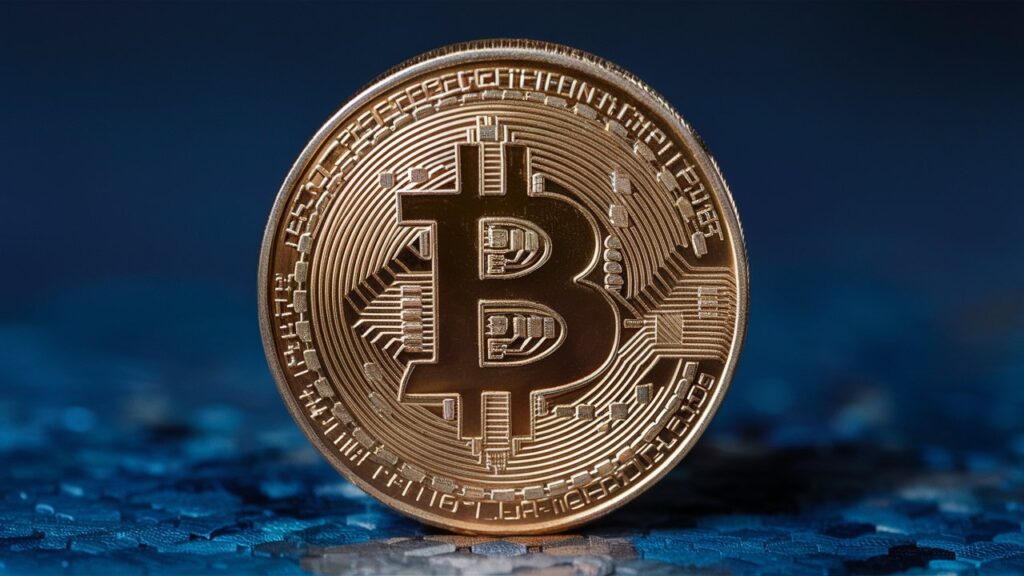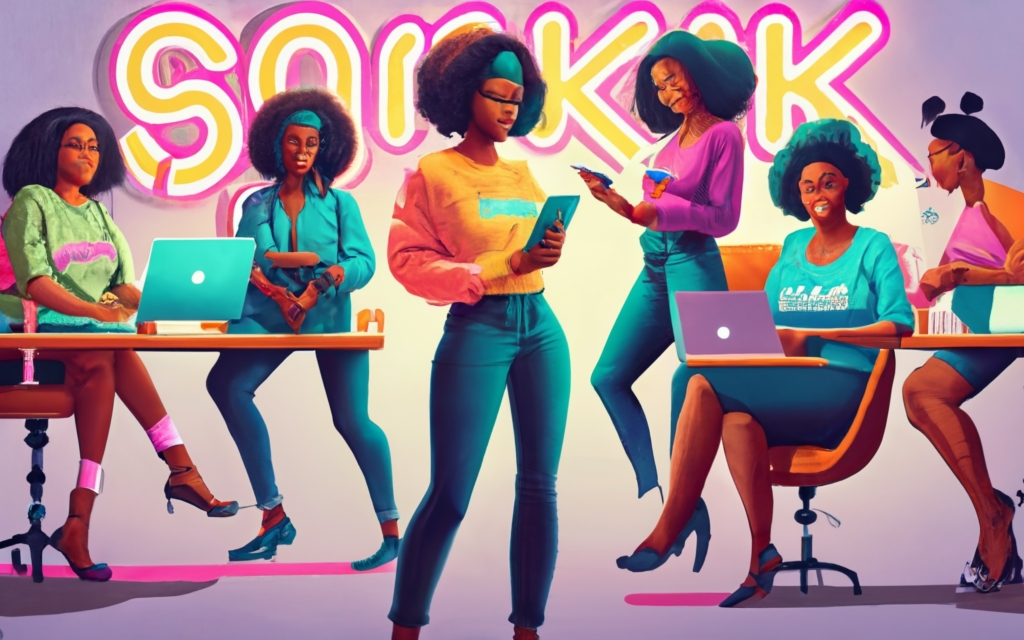
In recent years, NFTs have taken the digital world by storm. They have transformed how we think about ownership, creativity, and value in the digital landscape. This comprehensive overview of NFTs will provide insight into what they are, how they work, their market dynamics, challenges, and the future they may hold.
What is an NFT?
An NFT, or non-fungible token, is a unique digital asset that blockchain technology secures. Unlike cryptocurrencies, which can be exchanged one-to-one (like trading dollars for euros), NFTs are unique and cannot be replaced with something else. This distinctiveness makes each NFT valuable in its own right.

How do NFTs Work?
Creation of NFTs

The process of creating an NFT is known as “minting.” During this process, digital files such as art, music, or even tweets are transformed into tokens on a blockchain. This minting process involves creating a unique identifier for each NFT, ensuring that it is one-of-a-kind.
Ownership Verification
Each NFT carries a unique identifier stored on the blockchain. This technology verifies ownership and allows anyone to trace its history. The transparency provided by blockchain technology makes it easy to ascertain who owns an NFT and its authenticity, creating trust within the market.

Buying and Selling NFTs
NFTs can be bought and sold using cryptocurrencies on various online marketplaces. These platforms provide a space for creators and collectors to buy and sell NFTs, enhancing the accessibility of digital ownership.
What Can Be an NFT?
The versatility of NFTs is astounding. Almost anything can be transformed into an NFT. Some popular categories include:

- Digital Art: Artists can tokenize their artwork, making selling and proving ownership easier.
- Music: Musicians can release exclusive tracks as NFTs, giving fans unique ownership.
- Video Clips: Memorable video moments can be captured and sold as NFTs.
- In-Game Items: Virtual assets from video games can be owned and traded as NFTs.
- Virtual Real Estate: Digital plots in virtual worlds can also be tokenized.
- Collectables: Digital collectables have emerged as a significant category in the NFT market.
- Tweets: Even tweets have been sold as NFTs, highlighting the diversity of potential assets.
Key Characteristics of NFTs
Uniqueness
Every NFT is unique. This characteristic ensures that each token carries its identity, which is crucial in establishing value.

Verifiability
Blockchain technology allows for easy verification of authenticity and ownership. This transparency helps prevent fraud and builds trust within the community.

Scarcity
Limited supply can enhance the value of NFTs. Creators can mint a fixed number of NFTs, creating a sense of exclusivity and demand.

Market Value
Several factors, including supply and demand and the underlying asset’s perceived worth, influence an NFT’s value. The market can be volatile, with some NFTs fetching millions while others may sell for much less.

The NFT Market
The NFT market has witnessed explosive growth over the past few years. Collectors, artists, and investors are drawn to the potential for significant returns. However, this rapid expansion also comes with volatility. Some NFTs have sold for staggering amounts, while others may quickly lose value.

Investment Opportunities
Investing in NFTs can be enticing. However, it’s essential to approach these investments with caution. Thorough research is vital, as the market can be unpredictable. Understanding the creator’s reputation and the unique characteristics of the NFT can inform investment decisions.

Community and Culture
The NFT community is vibrant and diverse. Artists, collectors, and enthusiasts share ideas, showcase their work, and discuss trends. This sense of community enhances the overall experience of being involved in the NFT space.

Challenges and Criticisms
Despite the excitement surrounding NFTs, several challenges and criticisms exist. Understanding these issues is crucial for anyone looking to engage with NFTs.

Environmental Impact
One of the most significant concerns surrounding NFTs is their environmental impact. The energy consumption associated with blockchain technology, especially in proof-of-work systems, raises questions about sustainability. Many in the community advocate for eco-friendly alternatives and more sustainable practices.

Speculative Bubble
Critics often argue that the NFT market resembles a speculative bubble. With prices fluctuating wildly, there is concern that many investors may be drawn in by the potential for quick profits rather than the intrinsic value of the assets.

Copyright Issues
Copyright questions frequently arise in the NFT space. When an NFT is sold, the ownership of the underlying asset may still belong to the original creator. This can lead to confusion about rights and ownership, mainly if the NFT is resold.

Conclusion
NFTs represent a groundbreaking application of blockchain technology that has the potential to revolutionize various industries, including art, music, gaming, and beyond. However, it is crucial to understand the risks and complexities involved before entering the NFT market. As the industry matures, addressing environmental concerns and establishing clearer copyright guidelines will play a significant role in shaping its future.
As you explore this exciting landscape, consider the implications of NFTs and how they may affect your understanding of digital ownership. Would you like to learn more about specific use cases for NFTs or their role in a particular industry? The world of NFTs continues to evolve, offering endless possibilities for creativity and innovation.

[…] Also Read: NFT: The Future of Digital Ownership […]